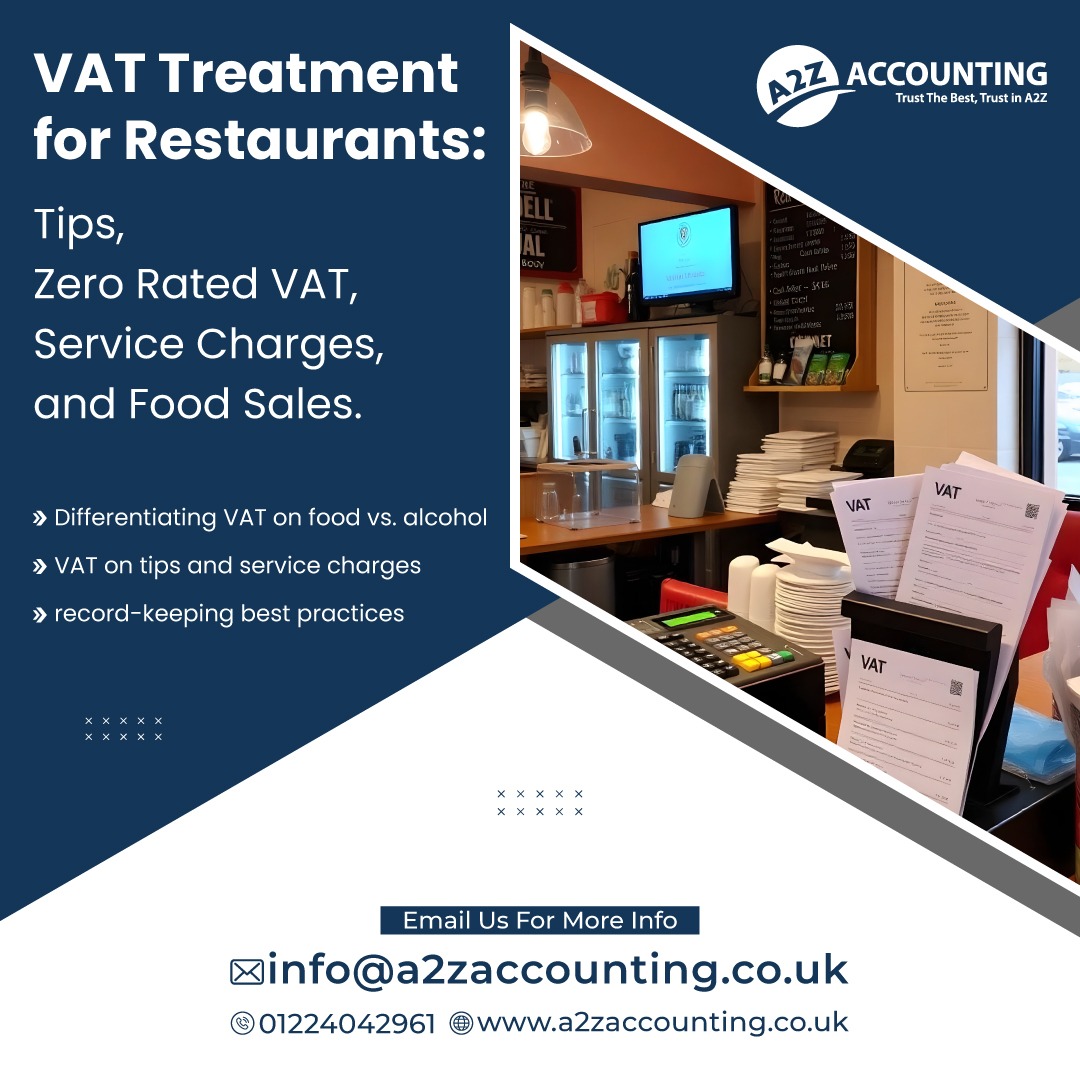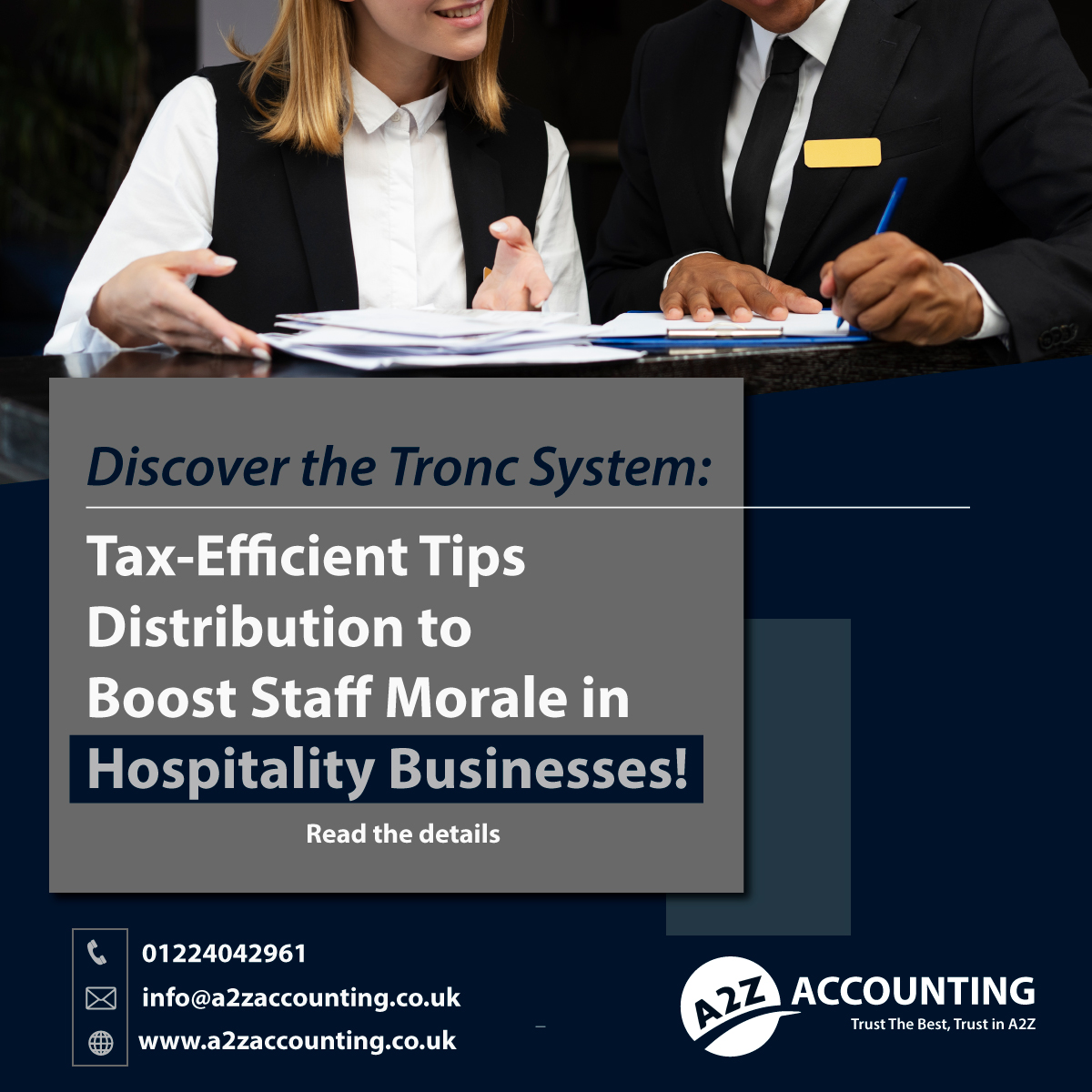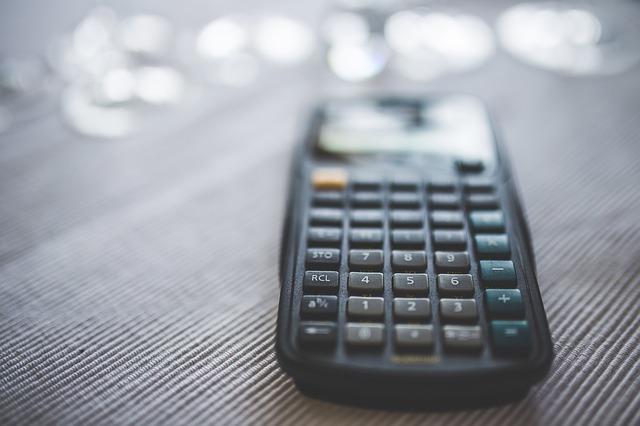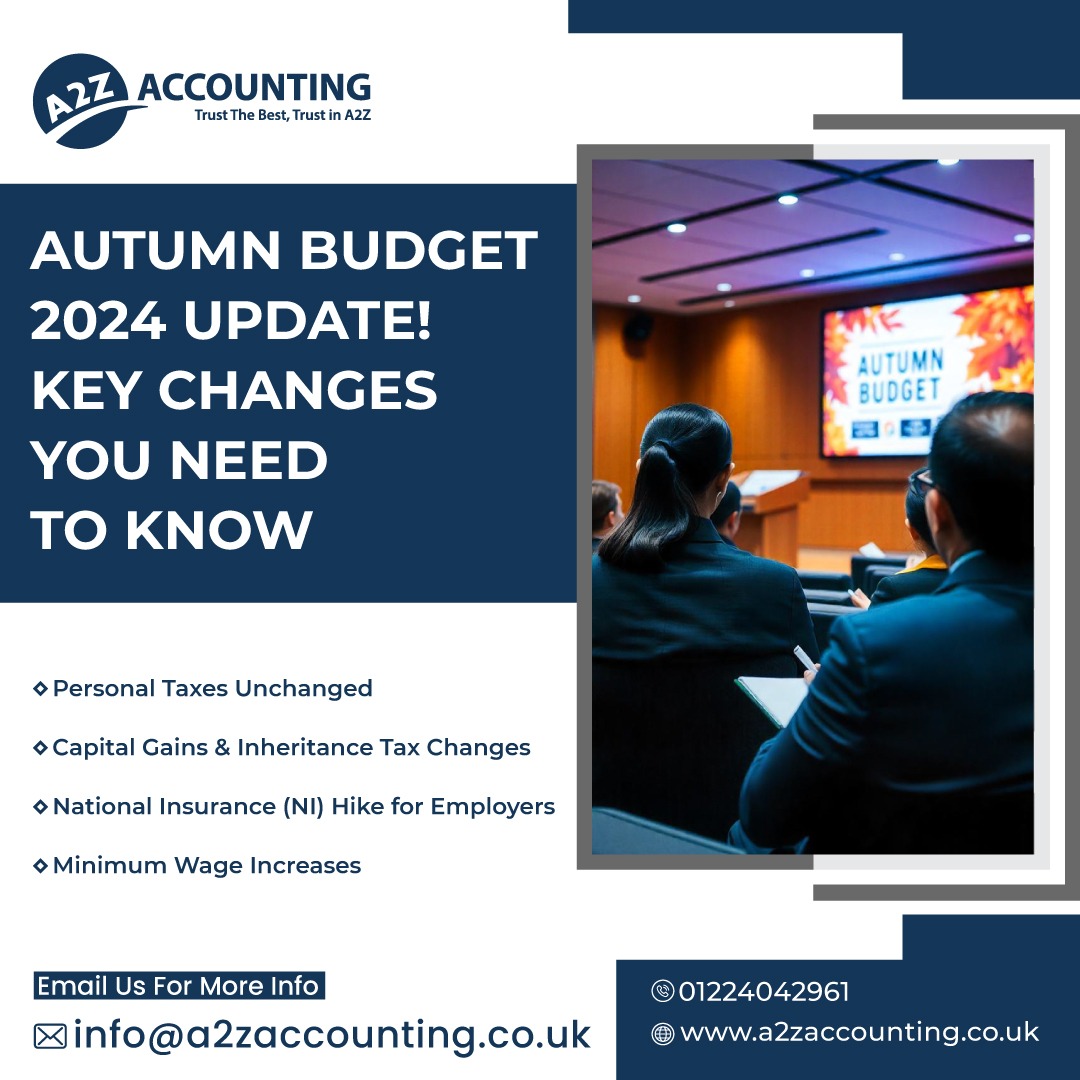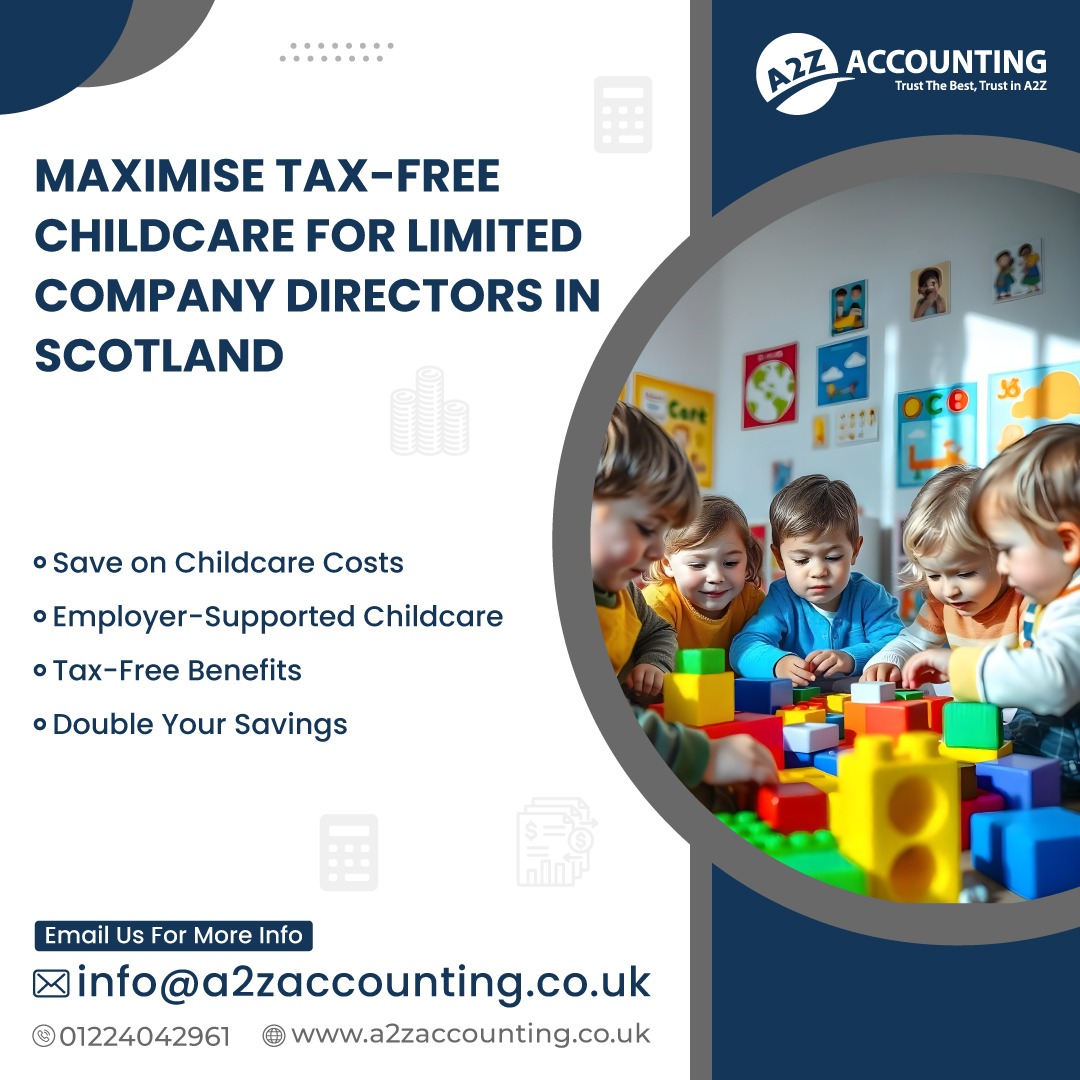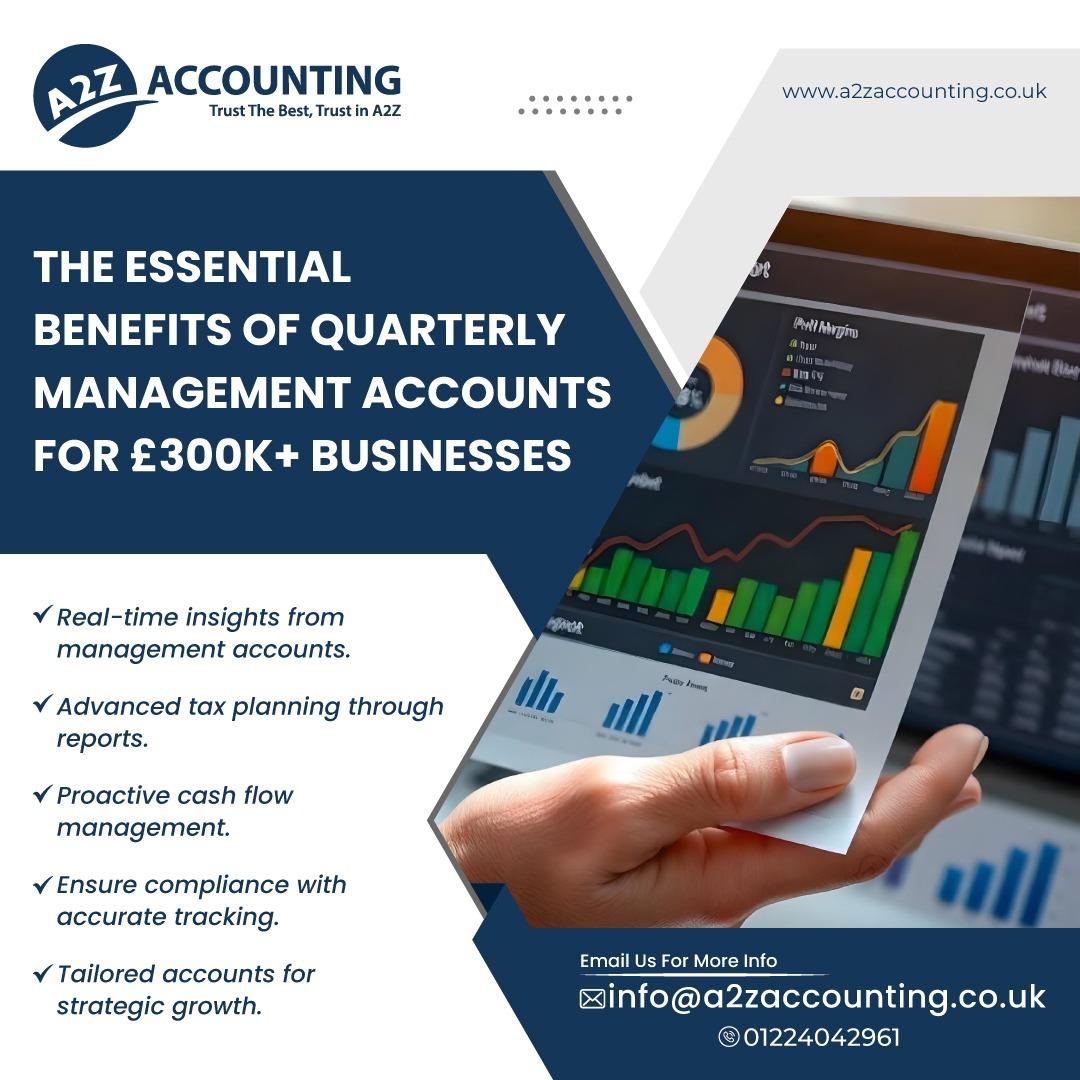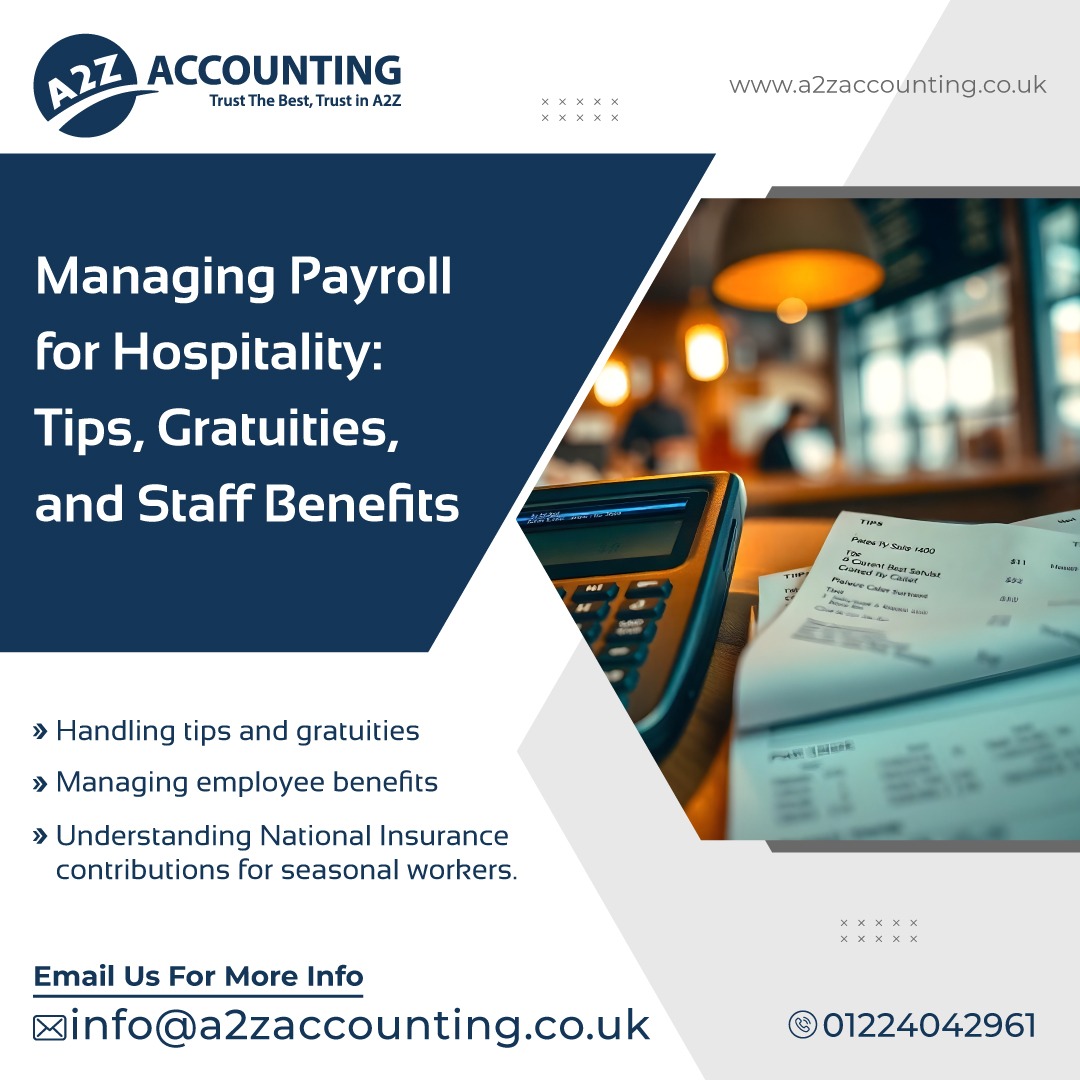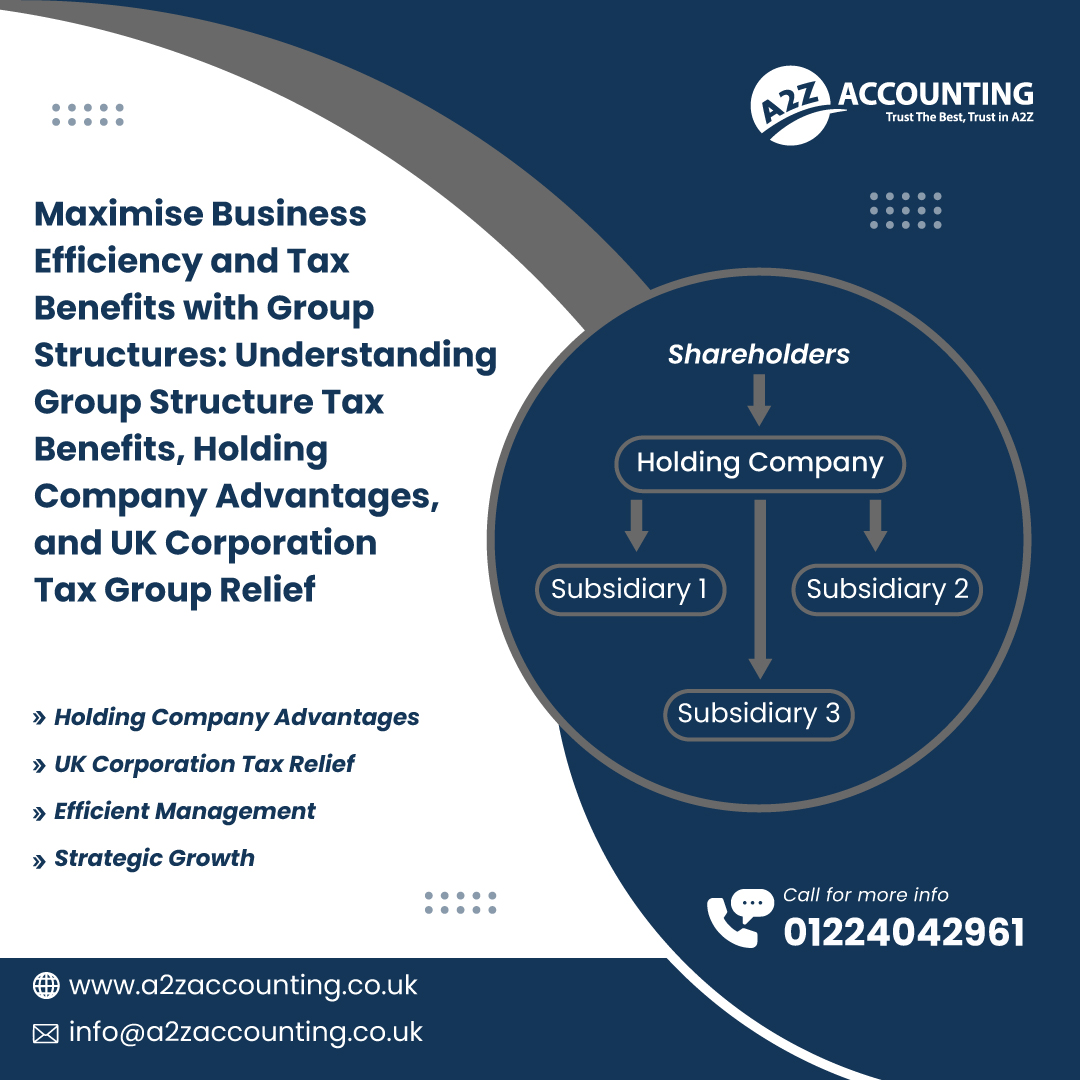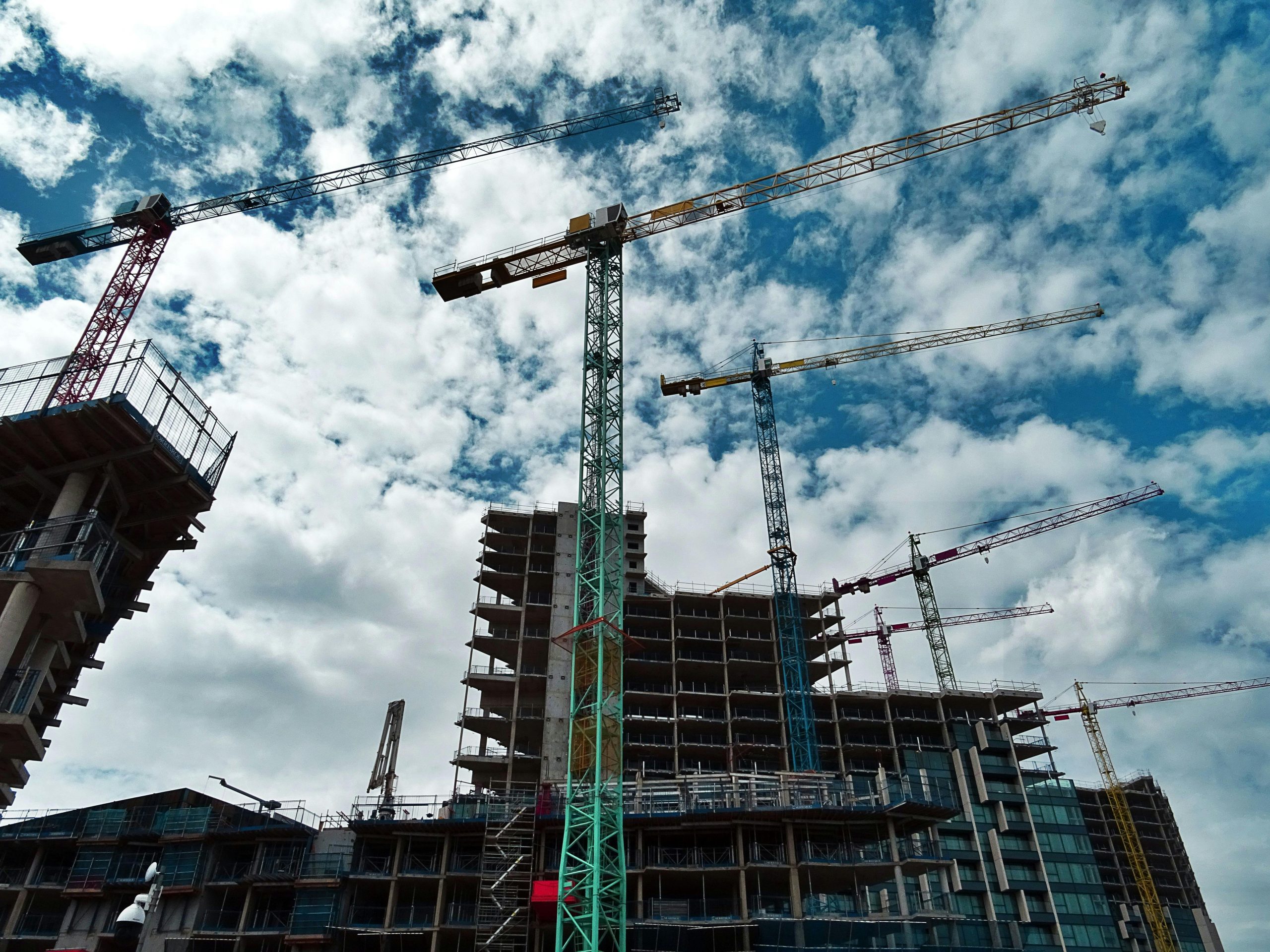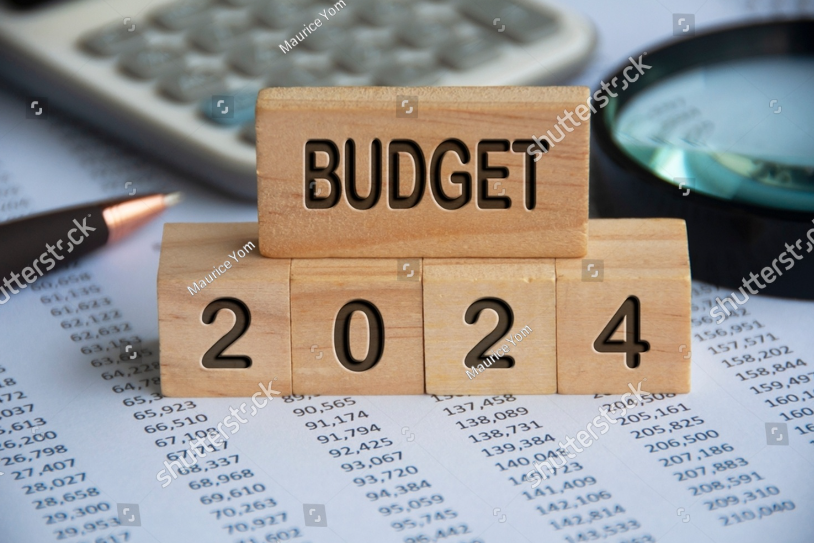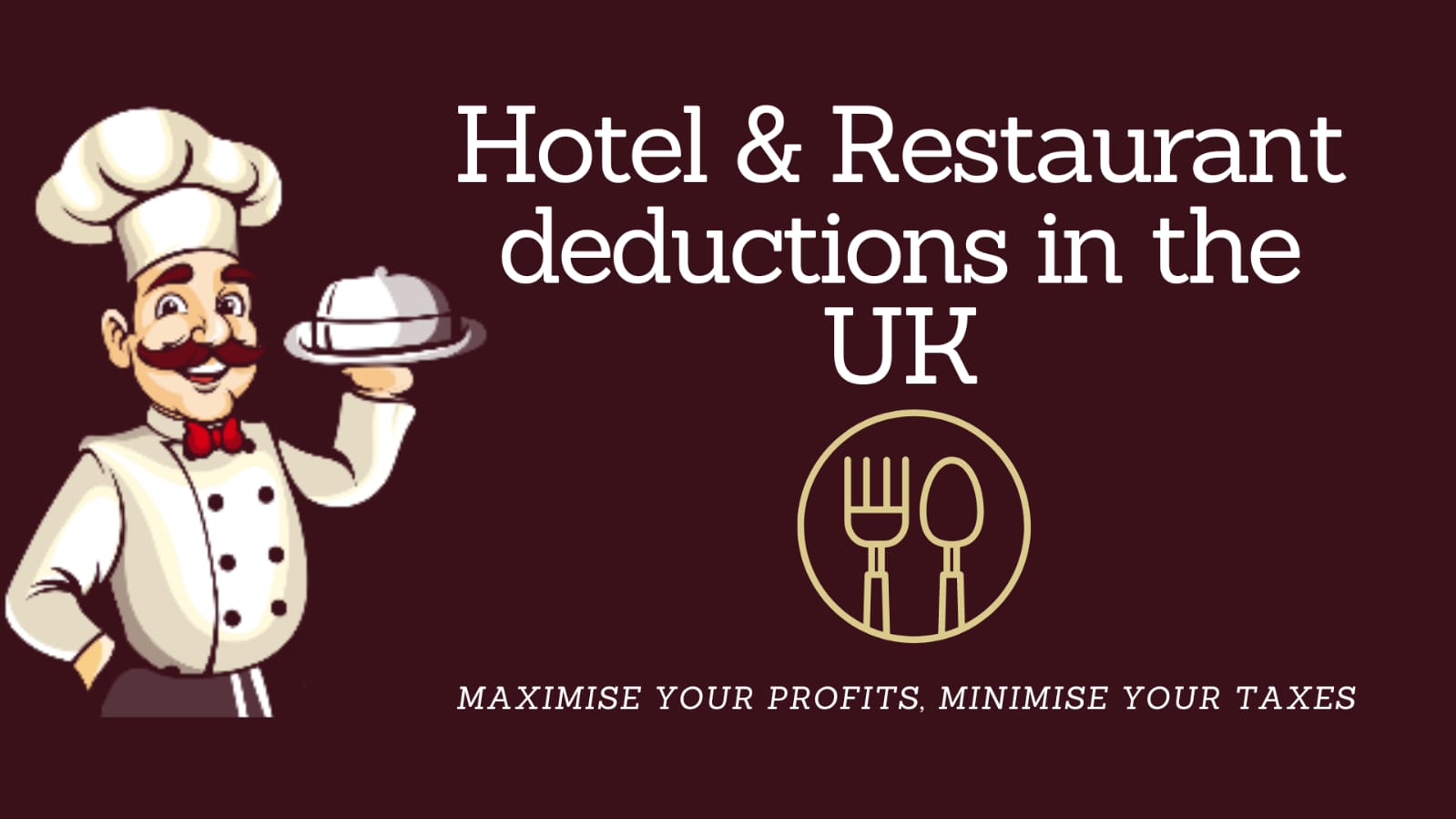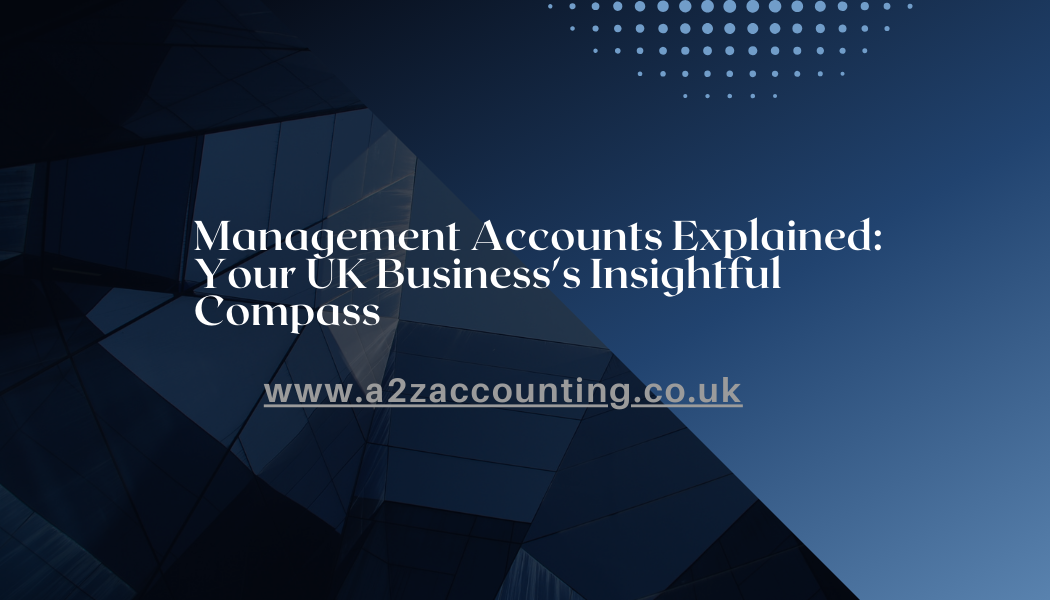Understanding VAT (Value Added Tax) is essential for the smooth operation of a restaurant in the UK. VAT affects a range of aspects of your business, from the food you serve to the services you provide. Misunderstanding VAT regulations can lead to costly errors, so it is important to be well-informed. This detailed guide will walk you through VAT registration requirements, applicable rates on various items, and how to handle service charges correctly.
VAT Registration Thresholds
When Registration Is Required
In the UK, if your restaurant’s taxable turnover exceeds the VAT registration threshold, you must register for VAT. As of the latest guidelines, this threshold is £90,000. Taxable turnover includes sales of all goods and services that are subject to VAT, whether at the standard rate or zero rate (excluding VAT). Monitoring your turnover closely will help you stay compliant and avoid penalties.
Voluntary Registration
Even if your turnover is below the threshold, you might opt for voluntary VAT registration. This can be beneficial as it allows you to reclaim VAT on business expenses, such as kitchen equipment and supplies. However, keep in mind that voluntary registration means you must charge VAT on your sales and adhere to VAT reporting requirements.
VAT Rates for various items usually sold in a restaurant.
Standard Rate (20%)
Rule of thumb is that all food and drinks that are served on the restaurant premise are subjected to standard VAT rate in the UK. This rate covers:
- Hot and Cold Meals: Food items that are heated/non-heated and consumed on the premises are subject to the standard VAT rate.
- Alcoholic Drinks and Non-alcoholic drinks: All alcoholic beverages served, whether with meals or on their own, are taxed at the standard rate.
Most cold drinks are standard rated – including juices, smoothies, bottled water and non-alcoholic beverages.
The main exceptions are cold tea, cold coffee and milkshakes, which are specifically zero rated when sold as a takeaway.
- Catering Services: Services provided for events held on your premises are subject to the standard VAT rate.
- Room Hire: Charges for renting rooms for events or private functions also fall under the standard VAT rate.
Zero Rate (0%)
The zero VAT rate means VAT is charged at 0%, which is different from being exempt. For restaurants, zero-rated items typically include:
- Unheated Food: Cold food items that are intended to be consumed off the premises (takeaway) are usually zero-rated. If these items are eaten on-site, the standard rate applies.
Notably, this includes items like sandwiches, salads, cakes, sauces and even pasties and other cooked pastry products. But the few exceptions are ice cream, juices, potato crisps, bottled water and most items of confectionery that are standard rated regardless of whether they are consumed on or off premises.
VAT on Service Charges
Treatment of Service Charges
Service charges added to restaurant bills are subject to VAT, and the standard rate of 20% typically applies. It is important to differentiate between voluntary tips and mandatory service charges:
- Mandatory Service Charges: If you automatically include a service charge on the bill, it should be taxed at the standard VAT rate and included in the total amount.
- Voluntary Tips: Tips given voluntarily by customers are not subject to VAT. However, if tips are collected through a mandatory service charge, they should be treated as part of the taxable supply. See our article on Tax Efficient Way To Get Paid for Tips – Tronc System – A2Z Accounting to understand how this works.
Handling Service Charges
To manage VAT on service charges correctly:
- Incorporate VAT in Total Amount: Ensure that VAT on service charges is included in the final bill amount.
- Separate Recording: For accurate bookkeeping, keep service charges separate from other items on your records.
VAT on Various Items on the Bill
Food Items
The VAT treatment for food depends on its consumption context:
- On-Premises Consumption: Hot food and beverages consumed at the restaurant are taxed at the standard VAT rate of 20%.
- Off-Premises Consumption: Cold food items intended for takeaway are generally zero-rated as mentioned above (except for certain exceptions).
Alcoholic Beverages
All alcoholic drinks served in your restaurant, whether with a meal or separately, are subject to the standard VAT rate of 20%. This includes:
- Beer, Wine, and Spirits: All types of alcoholic beverages fall under the standard VAT rate.
- Cocktails and Mixed Drinks: These are also taxed at the standard rate.
Non-Food Items
Other items on your restaurant bill may include:
- Non-Alcoholic Beverages: Soft drinks and other non-alcoholic beverages are generally taxed at the standard VAT rate of 20% as discussed above.
- Miscellaneous Items: Additional items such as merchandise or extra services (like valet parking) are also subject to VAT at the standard rate unless specifically exempt or reduced.
VAT Returns and Compliance
Submitting VAT Returns
As a VAT-registered business, you are required to submit VAT returns, typically on a quarterly or annual basis. These returns summarise the VAT you have collected and paid, and any difference must be settled with HM Revenue and Customs (HMRC), or you may reclaim any excess VAT paid on purchases. Ensure you adhere to the submission deadlines to avoid penalties.
Record-Keeping
Accurate record-keeping is essential for VAT compliance. You must maintain detailed records of:
- Sales and Purchases: Document all sales and purchases, noting the VAT rates applied.
- Invoices and Receipts: Keep copies of all invoices and receipts.
- VAT Returns: Retain records of your submitted VAT returns for reference and potential audits.
Records must be kept for at least six years from the end of the VAT accounting period to which they relate. This timeframe ensures you meet HMRC’s requirements and can provide necessary documentation in case of an audit.
VAT Payment Dates
VAT payments are typically due on the same date that you submit your VAT return. For most businesses, VAT returns are filed quarterly, for which the due date to submit and pay VAT returns is the 7th day of the second month following the quarterly VAT period. If you submit annual returns, your payment will be due once a year. Make sure to check your specific deadlines and pay VAT on time to avoid interest and penalties. HMRC provides deadlines for VAT payments based on your accounting period, so it’s important to keep track of these dates to ensure timely compliance.
Conclusion
Navigating VAT in the restaurant industry requires a clear understanding of the applicable rates and regulations. By applying the correct VAT rates to different items, properly managing service charges, and staying updated on registration thresholds and reporting requirements, you can manage VAT effectively and ensure compliance. Keeping accurate records and adhering to payment deadlines will further help you avoid issues with HMRC.
If you are ever unsure, consulting with a VAT specialist or accountant can provide valuable insights and support tailored to your specific needs. If you need further information or advice about VAT for the food and drink industry, we are here to help. Please give us a call on 01224 042961, or get in touch with our friendly team via our online enquiry form.
